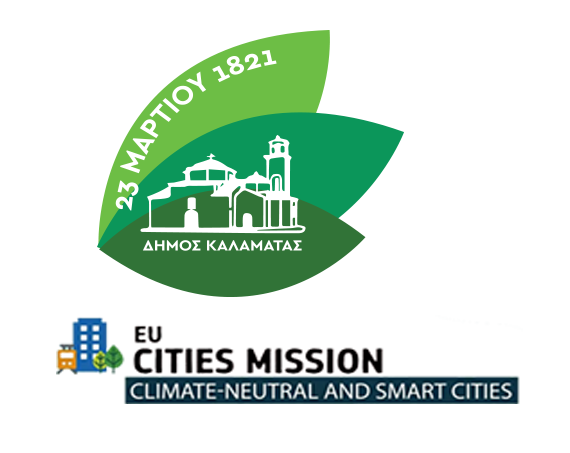Speakers
Mobility & Transport
Vasilios Poulopoulos
Vassilis Poulopoulos is Assistant Professor at the Department of Digital Systems, and member of the Knowledge and Uncertainty Research Laboratory of the University of Peloponnese.
He was born in Kalamata in 1982 and completed his studies at the Department of Computer Engineering and Informatics of the Faculty of Engineering of the University of Patras in 2010. From the above mentioned department he received his B.Sc. degree, M.Sc. degree in Computer Science and Ph.D. degree with the title Analysis, Preprocessing, Categorization and Presentation of Data from Internet Sources.
In 2019 he is elected Assistant Professor at the Department of Digital Systems and participates in Research Projects of the first cycle of the Research – Create – Innovate programme. At the University of Peloponnese and in collaboration with the Knowledge and Uncertainty Laboratory (GAB LAB) he carries out activities in collaboration with students, and he is the creator of the educational game Grifobot (grifobot.gr).
During his stay in Kalamata (2014 – ), he carries out social actions with the NGO “The Seed”, of which he is co-founder, which are related to culture, tourism, entrepreneurship and technology. Typical actions are grant-funded projects: Learning to Recognize Fake News for children and young people (fakenewshunter.gr) and the Kalamata for All project (k4a.osporos.com) which recorded thematic accessible routes in the city of Kalamata.
His research interests revolve around Big Data and Culture, Data Analysis, Smart Cities, Robotics Systems, while at the same time, as a code enthusiast, he is constantly working on applications in everyday life and in the educational process, having even created the certified educational game Grifobot. In recent years he has been participating in lectures for young people and students to introduce them to the world of the internet, its safe use, and the fake news part.
He has more than 70 publications in scientific journals, conferences, books and encyclopedias on topics related to his research interests.
Smart Parking Systems as a way to Change Mobility in a city
This paper analyses smart parking systems as a way of changing mobility in a city. Smart parking systems use technology to make it easier for drivers to locate available parking spaces and improve traffic flow on the streets. This can lead to a reduction in traffic congestion, the time it takes to find a parking space and the number of accidents.
Smart parking systems can also be used to manage parking demand and encourage the use of more environmentally friendly modes of mobility such as cycling and public transport. In addition, the data collected by smart parking systems can be used to improve the design of streets and the city as a whole.





